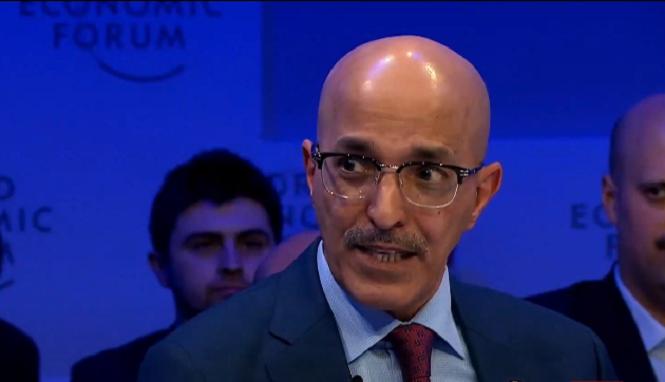
Private sector provides 800,000 jobs in 2023: Al-Jadaan
Saudi Arabia aims to tap local and international debt markets, Minister of Finance Mohammed Al-Jadaan, told CNBC in Davos, adding that it is not in a dire need for borrowing.
As the debt market helps obtain loans at reasonable interest, the Kingdom will tap these opportunities to manage liabilities in the coming years.
Unemployment rates in Saudi Arabia are at historical lows. The number of the private sector employees stands currently at a lifetime high, Al-Jadaan said. The private sector provided more than 800,000 jobs in 2023, in addition to many job opportunities in the last seven years.
The Kingdom’s gross domestic product (GDP) saw a significant rise to SAR 4.15 trillion from SAR 2.5 trillion, thanks to economic diversification efforts. The non-oil sectors, such as tourism, technology, industry, logistics services, sports, etc., largely contributed to the Saudi economy and created many job opportunities.
The minister added that diversification delivers revenues, as the oil-related activities represent nearly 70% of GDP. This ratio declined to range between 30% and 35%, reflecting a more balanced and diversified economy.
The budget deficit dropped to 2% from 15% of GDP, Al-Jadaan explained, affirming that Saudi Arabia is able to manage it, as long as it supports capital and growth programs.
The Kingdom is highly conservative about oil price forecasts, he noted, underlining the importance of planning for a strategy for projects based on very conservative revenue forecasts.
He also stressed Saudi Arabia’s ability to decide on spending away from oil price fluctuations.



























